The Influence of Ancient Rome on Governance
When we delve into the annals of history, one civilization stands out for its profound impact on governance systems worldwide - Ancient Rome. The legacy of Rome echoes through the corridors of power, shaping the very foundations of modern political structures and institutions. From legal systems to military strategies, the influence of Rome reverberates across centuries, leaving an indelible mark on governance as we know it today.
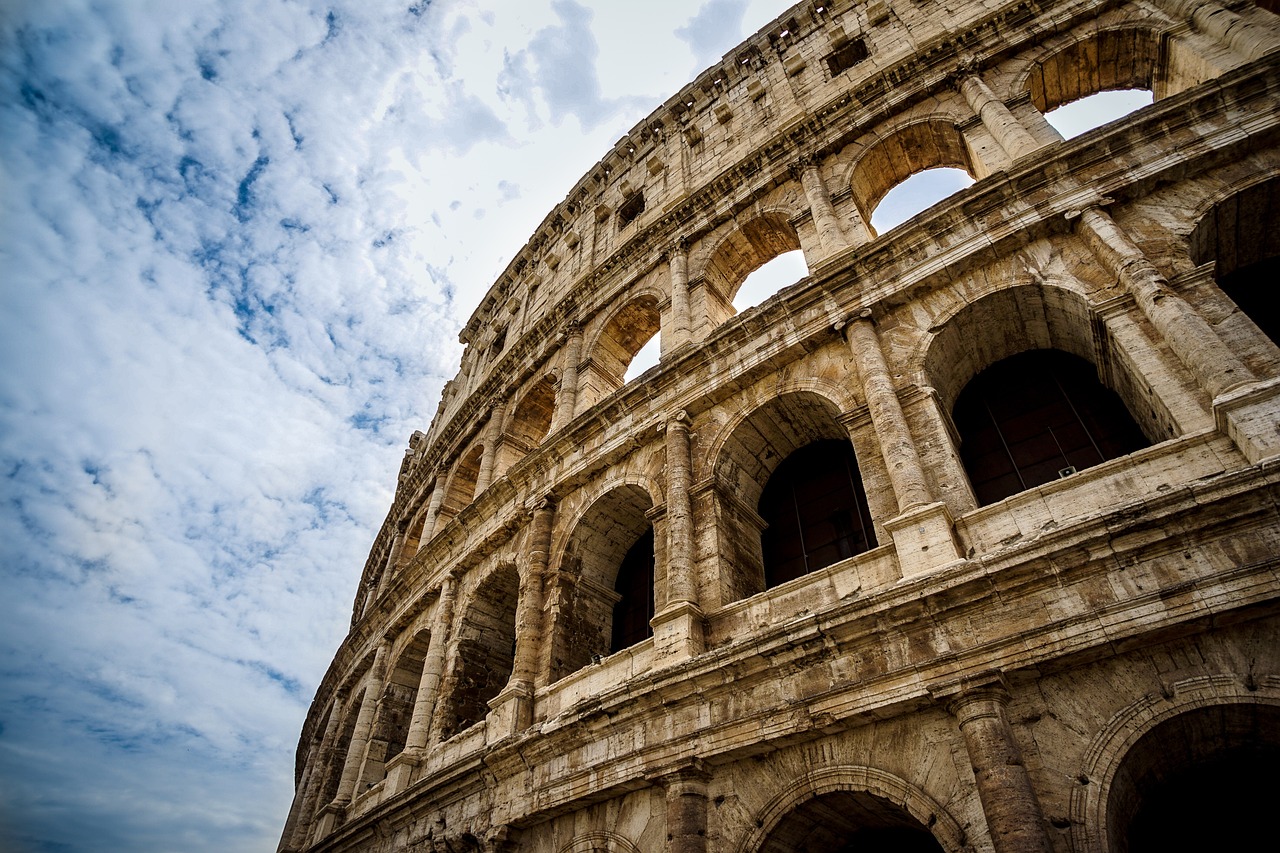
Legal Systems
Legal systems play a crucial role in shaping the foundation of governance in any society. The influence of Ancient Rome on legal systems is profound and far-reaching. The Roman legal principles, such as the rule of law and the development of legal codes, have significantly impacted modern legal systems worldwide. The concept of justice, as established by the Romans, continues to resonate in contemporary legal frameworks, emphasizing fairness, equality, and accountability.
One of the most significant contributions of Ancient Rome to legal systems is the establishment of the rule of law, which ensures that laws are applied uniformly to all citizens, regardless of their status or background. This principle promotes transparency, consistency, and predictability in legal proceedings, fostering trust in the justice system. Moreover, the development of comprehensive legal codes by the Romans laid the groundwork for organized and systematic legal structures, enabling societies to regulate behavior and resolve disputes effectively.
The legacy of Roman legal systems can be observed in modern legal institutions, where the principles of justice and the rule of law form the cornerstone of legal practice. The influence of Roman legal traditions can be seen in the structure of legal systems, the administration of justice, and the protection of individual rights. By studying the legal systems of Ancient Rome, we gain valuable insights into the evolution of legal frameworks and the enduring impact of historical precedents on contemporary governance.
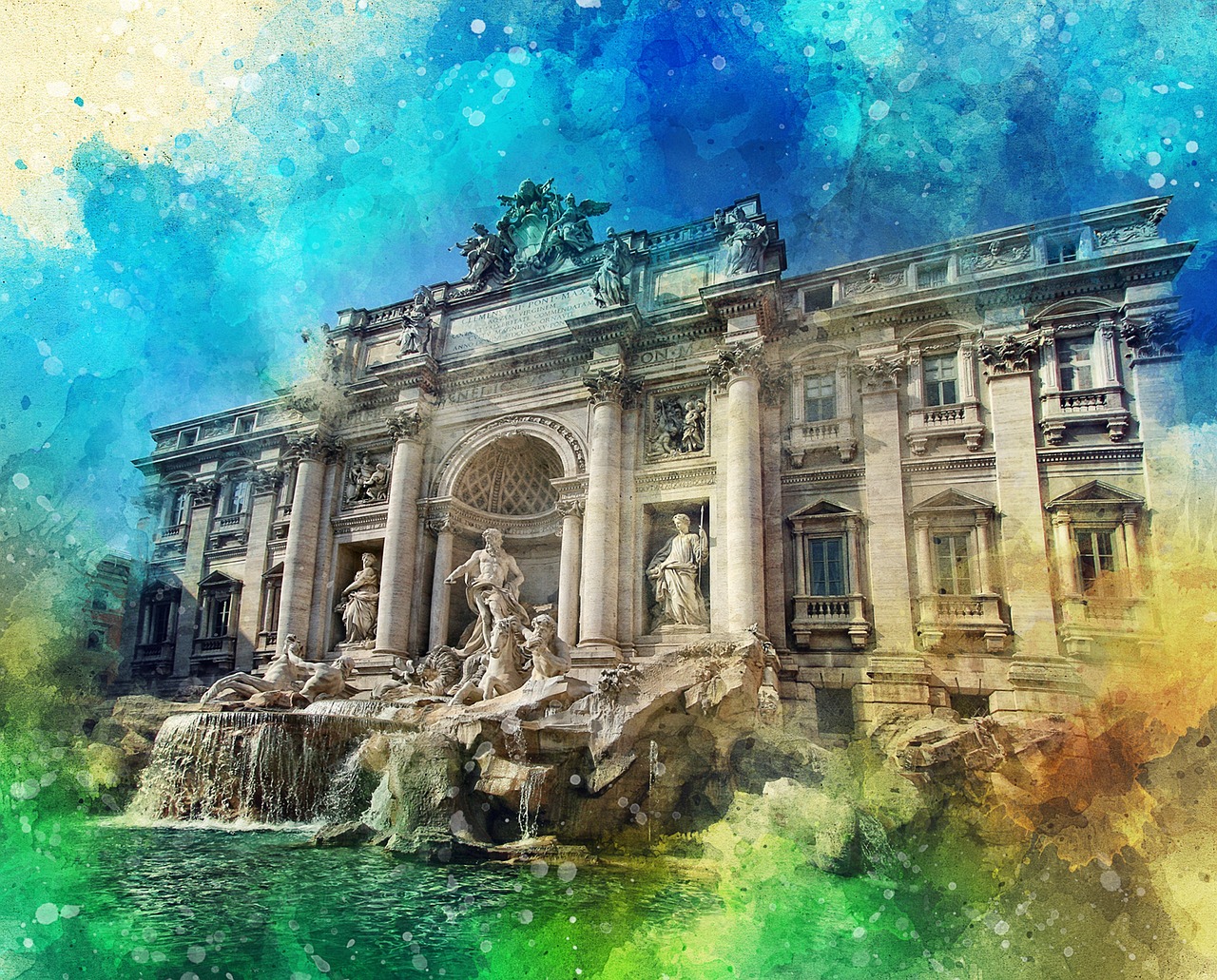
Political Institutions
The political institutions of Ancient Rome laid the groundwork for many modern governance structures. The Roman Senate, for example, served as a model for representative government, where elected officials represented the interests of the people. This concept of elected representatives making decisions on behalf of the population has been adopted by numerous countries worldwide. The idea of checks and balances within the government, with different branches having specific powers and responsibilities, can also be traced back to the Roman political system. This system aimed to prevent any single individual or group from gaining too much power, ensuring a more stable and balanced government.
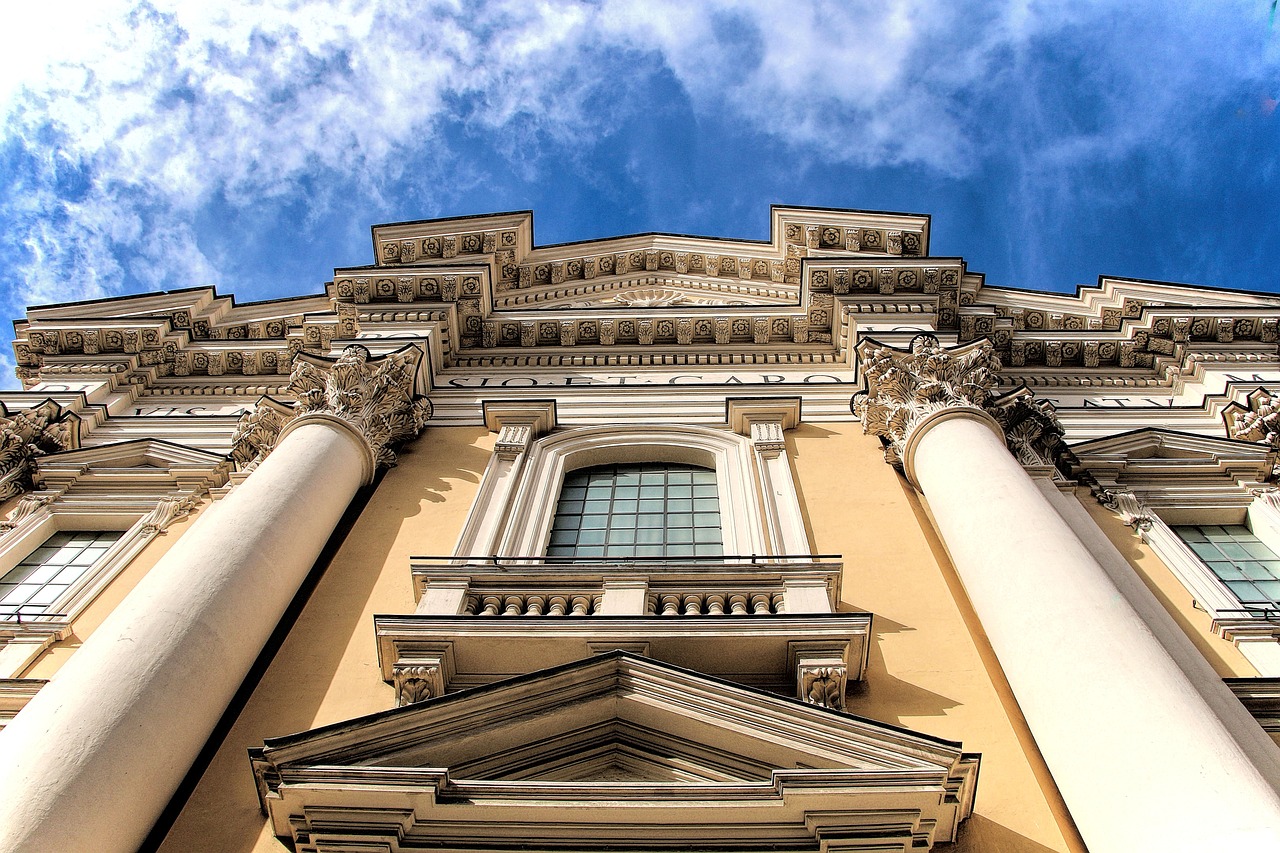
Public Administration
The influence of Ancient Rome on public administration is profound and far-reaching. Roman administrative practices laid the foundation for modern public administration systems by introducing concepts such as bureaucracy and public infrastructure development. The Roman Empire was known for its efficient administrative structures, which enabled the effective management of vast territories and diverse populations.
One key aspect of Roman public administration was the establishment of a hierarchical bureaucratic system. This system divided administrative tasks into specialized roles, allowing for efficient decision-making and implementation of policies. The Roman government employed skilled administrators who oversaw various aspects of public administration, ensuring smooth functioning and organization.
Moreover, Roman advancements in public infrastructure development, such as roads, aqueducts, and public buildings, set a precedent for future urban planning and development. The construction of well-maintained roads facilitated communication and trade within the empire, while aqueducts provided essential water supply to urban centers.
Additionally, the Roman emphasis on public welfare and urban amenities influenced modern approaches to city planning and governance. The concept of providing public services and amenities for the benefit of citizens reflects the Roman commitment to enhancing the quality of life within their communities.
Furthermore, the Roman legacy in public administration extends to the principles of accountability and transparency in governance. The Romans recognized the importance of holding public officials accountable for their actions and decisions, laying the groundwork for modern standards of governance and ethical conduct.
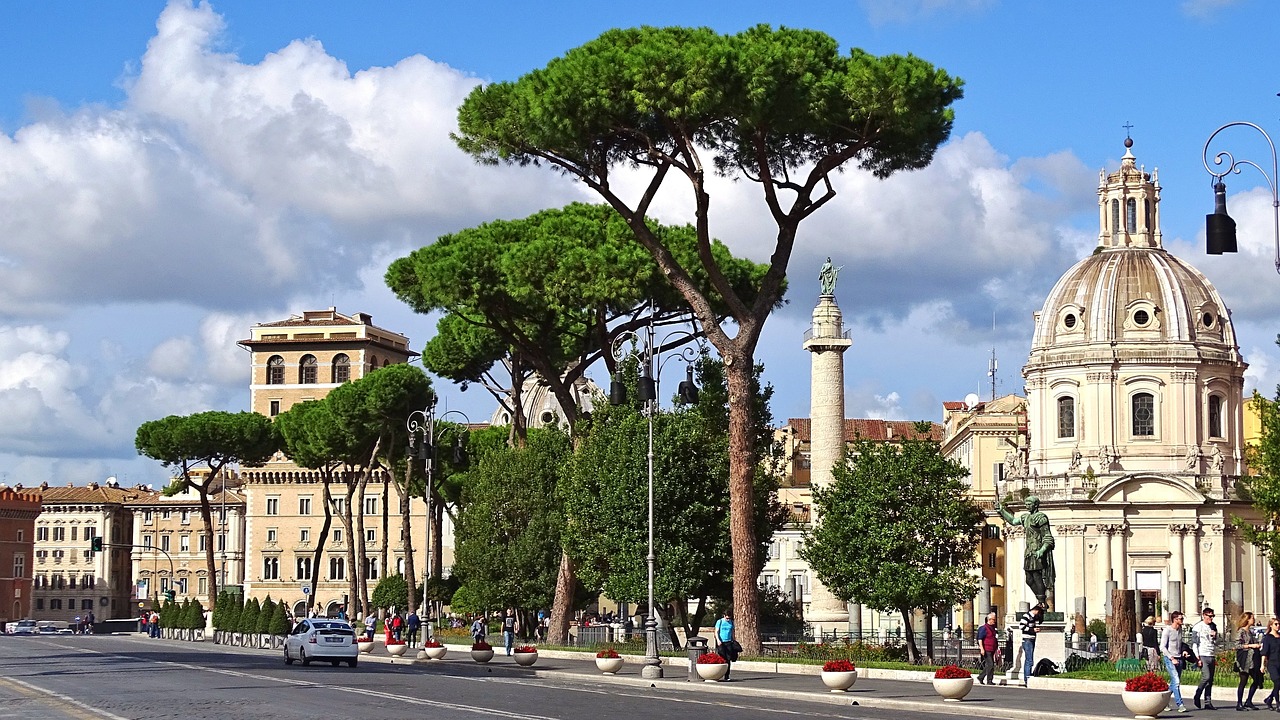
Citizenship and Rights
Exploring how the governance systems and practices of Ancient Rome have shaped modern political structures and institutions around the world.
The concept of citizenship in Ancient Rome was a defining feature of Roman society. Citizenship granted individuals certain rights, such as the right to vote, own property, and engage in commerce. Roman citizenship was not limited to the city of Rome itself but extended to inhabitants of various territories under Roman rule, marking a significant departure from the citizenship practices of other ancient civilizations. This inclusive approach to citizenship laid the foundation for modern ideas of citizenship and rights, emphasizing the importance of civic engagement and participation in the political process.
Furthermore, Roman citizens had specific legal rights and protections under the law, ensuring a degree of equality and justice within the society. The Roman legal system recognized the rights of individuals and established legal procedures to safeguard those rights. This emphasis on legal rights and protections influenced the development of modern legal systems, particularly in terms of the rule of law and the protection of individual liberties.
Moreover, the concept of rights and responsibilities in Ancient Rome was closely tied to citizenship. Citizens were expected to fulfill certain obligations to the state, such as military service and payment of taxes, in exchange for the rights and privileges granted to them. This reciprocal relationship between citizens and the state underscored the importance of civic duty and collective responsibility in Roman society.
Overall, the Roman concept of citizenship and rights has had a profound impact on modern notions of citizenship, political participation, and individual freedoms. The legacy of Roman citizenship continues to shape contemporary discussions on democracy, human rights, and the relationship between the state and its citizens.
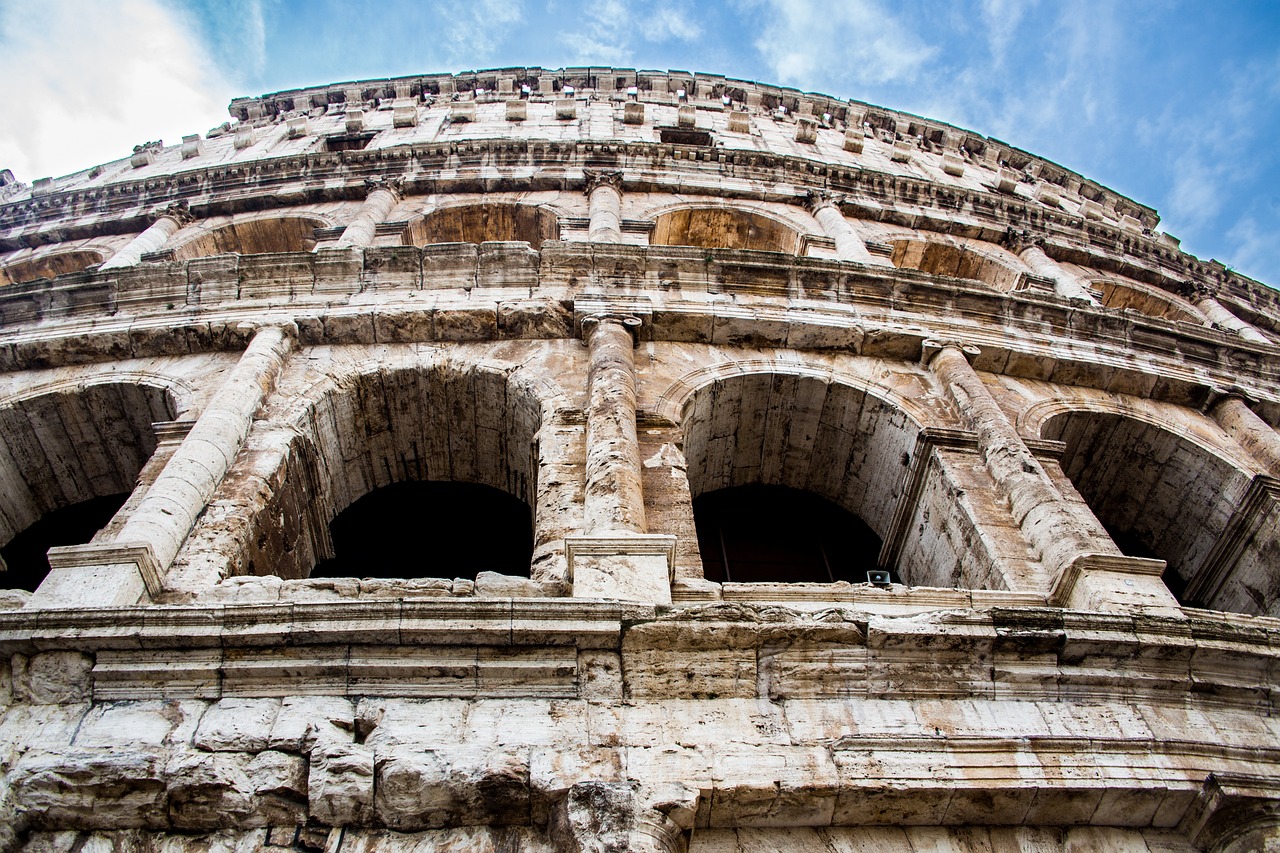
Military Strategies
Ancient Rome's military strategies were renowned for their innovation and effectiveness, setting the stage for modern military doctrines and national defense policies. The Roman army's success can be attributed to a combination of disciplined tactics, strategic planning, and organizational structure.
One of the key military strategies employed by Ancient Rome was the formation of the legion, a highly organized and versatile fighting force. Legions were subdivided into smaller units called cohorts, allowing for greater flexibility and coordination on the battlefield.
Roman military leaders emphasized training and discipline among their troops, ensuring that soldiers were well-prepared and capable of executing complex maneuvers. This focus on training and discipline set the Roman army apart from its adversaries.
Another crucial aspect of Roman military strategy was engineering and fortification. The Romans were skilled in constructing fortifications such as forts, walls, and roads to secure their territories and control movement across their empire.
Furthermore, the Romans excelled in logistics and supply chain management, ensuring that their armies were well-provisioned and supported during campaigns. This logistical expertise played a significant role in the success of Roman military campaigns.
The adaptability of Roman military strategies is another key factor that influenced modern military thinking. Roman commanders were adept at adjusting their tactics based on the terrain, enemy forces, and strategic objectives, showcasing a dynamic approach to warfare.
In conclusion, the military strategies of Ancient Rome continue to influence contemporary military thinking and operations. The legacy of Roman military prowess serves as a testament to the enduring impact of ancient civilizations on modern governance and defense systems.
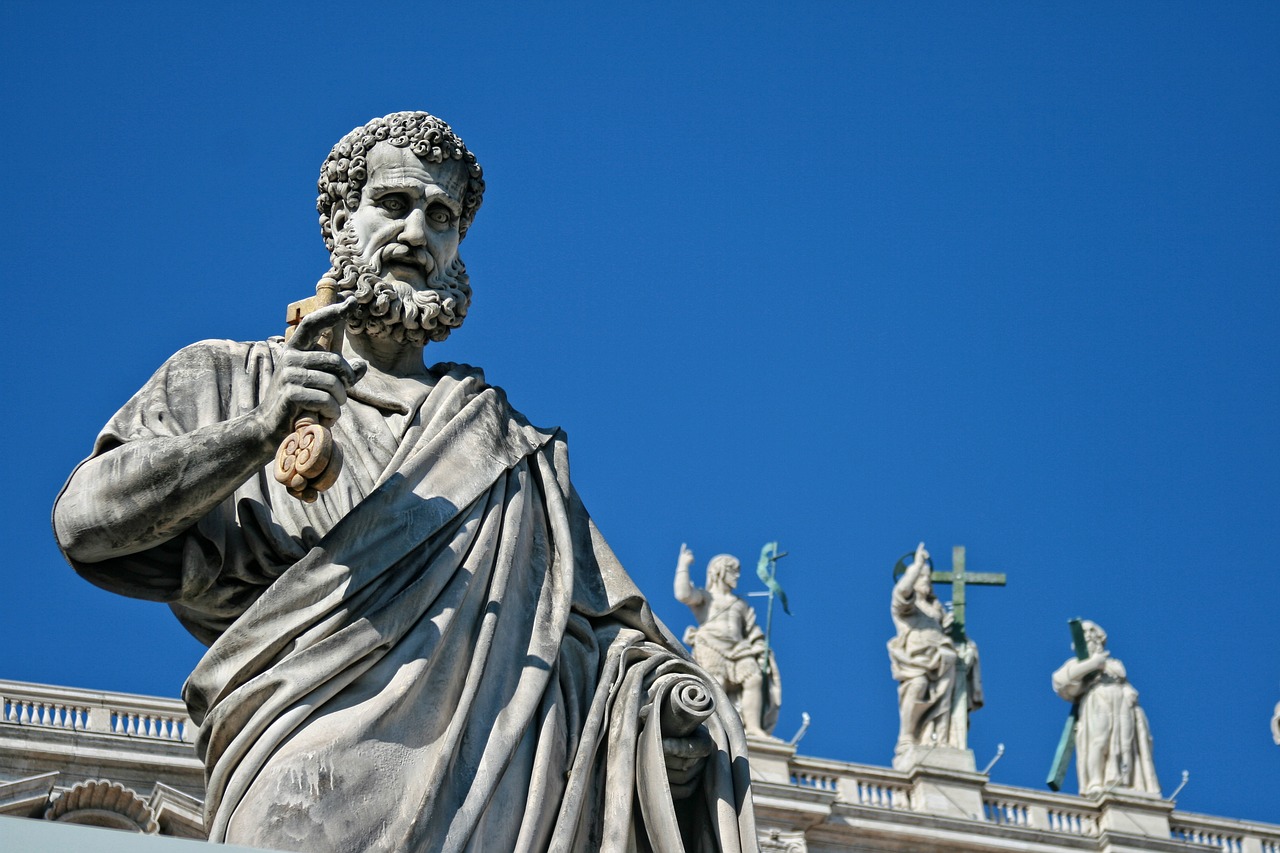
Urban Planning
Urban planning in Ancient Rome was a marvel of engineering and foresight. The city was meticulously designed to accommodate the growing population and ensure efficient infrastructure. Roman architects and engineers constructed aqueducts, bridges, roads, and public buildings that still stand as a testament to their innovative urban planning techniques. The grid system of streets, public squares, and organized neighborhoods in Rome served as a blueprint for many modern cities around the world.

Leadership and Governance Philosophy
Leadership and Governance Philosophy in Ancient Rome played a pivotal role in shaping the political landscape of the time. Leaders like Julius Caesar and Augustus exemplified distinct leadership styles that influenced governance structures for centuries to come. Caesar's bold and charismatic leadership, coupled with his military prowess, established him as a formidable figure in Roman history. His ability to inspire loyalty and command respect from his followers set a precedent for effective leadership.
On the other hand, Augustus, known for his strategic vision and administrative skills, transformed the Roman Republic into the Roman Empire. His emphasis on stability, bureaucracy, and infrastructure development laid the foundation for a more centralized form of governance. Augustus believed in the importance of balancing power with responsibility, a principle that resonates in contemporary discussions on governance ethics.
Moreover, the governance philosophy of Ancient Rome emphasized the concept of virtus, a blend of courage, wisdom, and justice that defined a good leader. This virtue-based approach to leadership underscored the importance of moral integrity and ethical decision-making in governance. Leaders were expected to uphold the values of the Republic and prioritize the well-being of the citizens above personal gain.
Additionally, the Roman concept of imperium, the authority vested in a leader by the state, shaped the relationship between rulers and the governed. This delegation of power symbolized a social contract wherein leaders were entrusted with authority in exchange for serving the interests of the people. The notion of imperium influenced notions of sovereignty and legitimacy in governance systems worldwide.
Furthermore, the governance philosophy of Ancient Rome emphasized the importance of consultation and collaboration in decision-making. The Senate, comprising esteemed individuals from diverse backgrounds, served as a forum for debate and deliberation on matters of state. This collective approach to governance promoted consensus-building and ensured that decisions reflected the interests of the broader society.
In conclusion, the leadership and governance philosophy of Ancient Rome continue to resonate in contemporary political discourse. The legacy of Roman leaders like Julius Caesar and Augustus serves as a source of inspiration and reflection for current leaders facing complex governance challenges. By studying the principles and practices of Ancient Rome, modern policymakers can glean valuable insights into effective leadership, ethical governance, and the enduring impact of historical precedents on present-day governance structures.
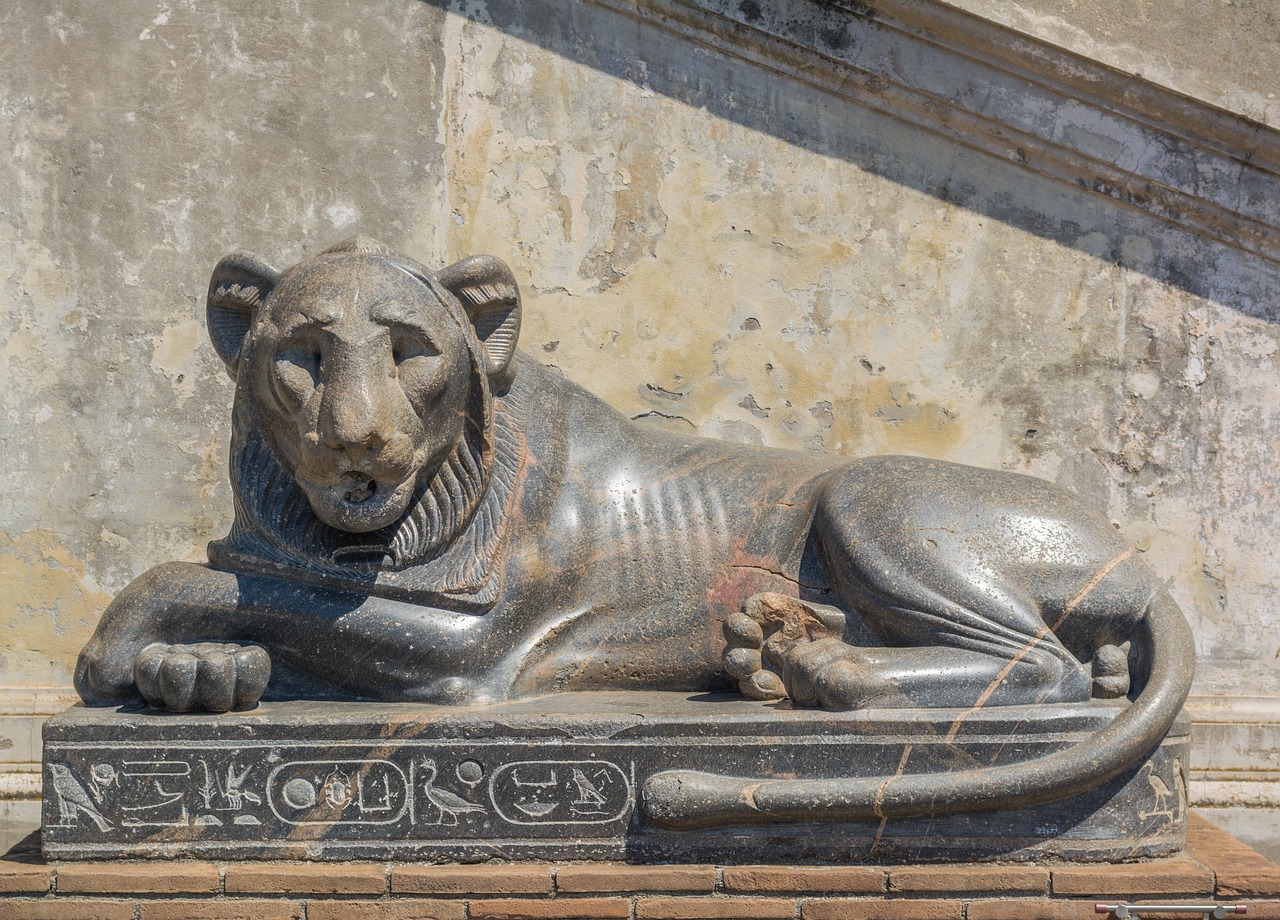
Legacy and Lessons for Today
Exploring how the governance systems and practices of Ancient Rome have shaped modern political structures and institutions around the world.
Reflecting on the enduring legacy of Ancient Rome in governance and the lessons that can be learned from its successes and failures for present-day governance challenges.
Frequently Asked Questions
- What is the significance of Ancient Rome in modern governance?
Ancient Rome has had a profound influence on modern governance systems worldwide. Its legal principles, political institutions, military strategies, and urban planning have all left a lasting legacy that continues to shape contemporary governance practices.
- How did Roman legal systems impact modern legal frameworks?
Roman legal principles such as the rule of law and legal codes laid the foundation for modern legal systems. Concepts like justice, equality before the law, and the protection of individual rights can be traced back to Roman legal traditions.
- What can we learn from Roman leadership styles?
Studying the leadership styles of Roman leaders like Julius Caesar and Augustus can offer valuable insights for contemporary political leadership. Their approaches to governance, strategic decision-making, and public engagement provide lessons that are still relevant today.
- How did Roman urban planning influence modern city design?
Ancient Rome's innovative urban planning and architectural achievements have had a lasting impact on modern city design. Concepts such as grid-based layouts, public infrastructure development, and civic amenities can be traced back to Roman urban planning practices.



















